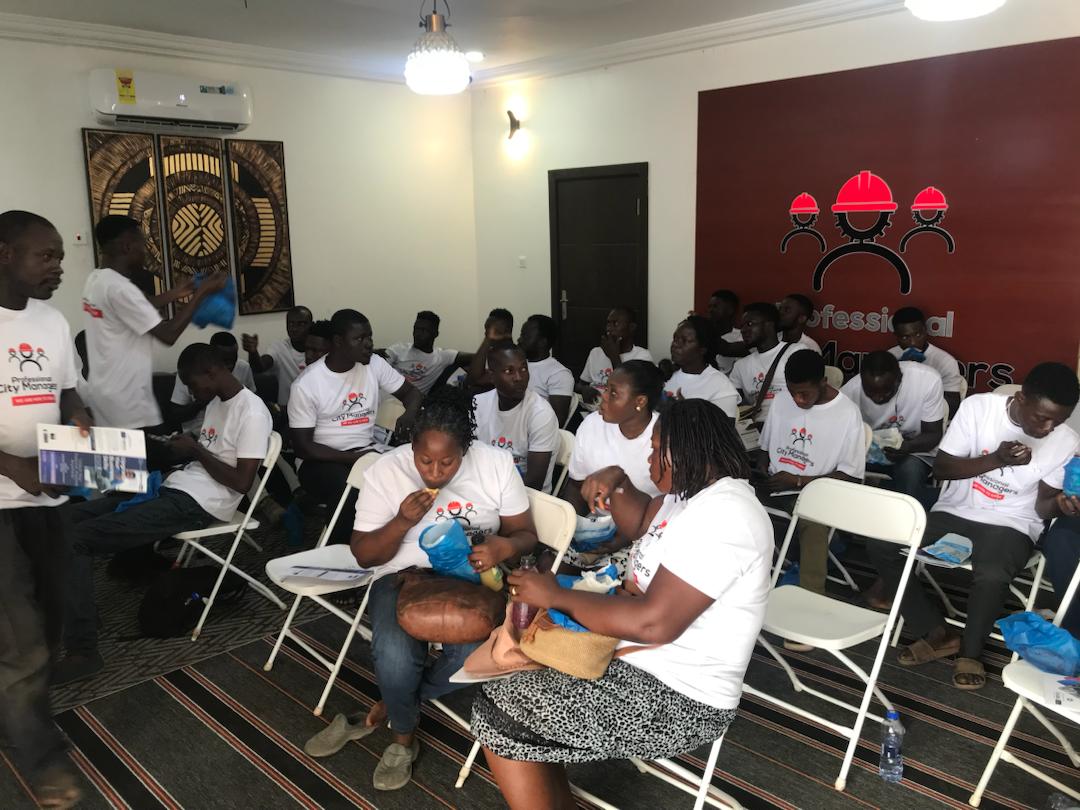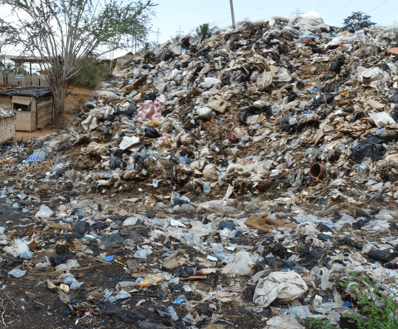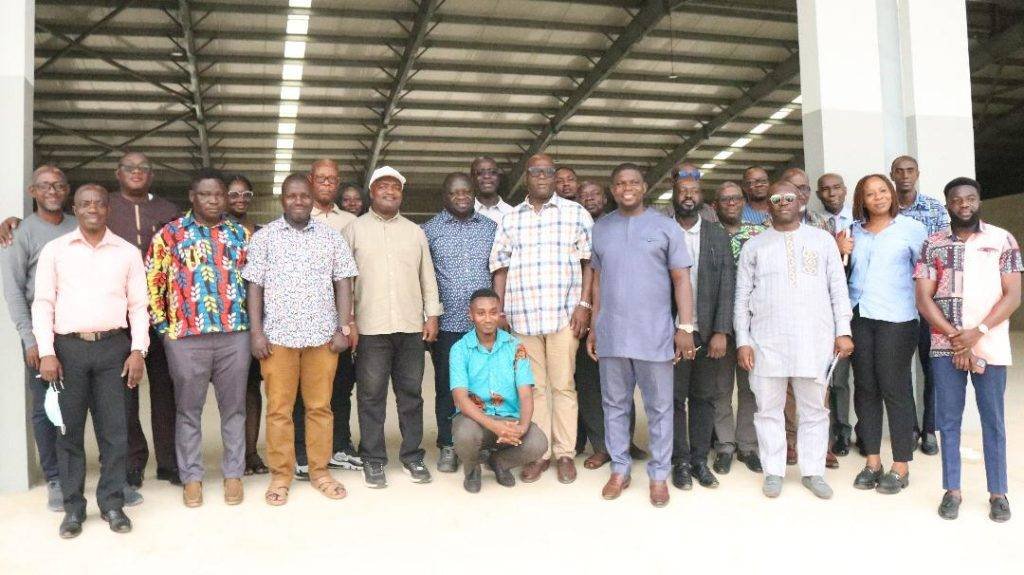
Ghana's inability to permanently control its waste production has since become a major challenge for not just government but for citizens alike. It seems all efforts made in the past to avert the pending problem has proven futile even after decades.
According to a 2014 statistics by Ghana Environmental Protection, it is estimated that 2800 metric tons of metropolitan solid waste is generated per day in Accra. Approximately 2,200 tons is collected leaving an excess of 600 tons in open gutters, and water sources which end up in flood waters during the raining season.
In 2015, Ghana was also said to have been the 7th most dirtiest country in the world in chart released by the World Health Organization (WHO). These facts and figures clearly reveal that Ghana continues to experience a decline in providing good sanitation for its citizens.
Approximately 95% of all public controlled sewage treatment plants are not operating in Greater Accra. As such, out of 35 formal treatment plants available in the country, only 4 are functional. This implies that only 1% of the sewage generated in the country is treated while 23% of households practice open defecation.
With regards to fundamental sanitation, 55% of households are recorded to share facilities which is normally unhygienic whereas 13% have access to deteriorating toilet facilities.
Accra is estimated to have a population growth of about 5 million with an annual growth rate standing at 4%. The figures experts say are expected to keep rising mainly as a result of procreation and migration.
Often, waste materials that are accumulated from households, organizations and industries are not properly disposed off or better still recycled.
Predominantly, water sources serve as waste dump site which contaminates water bodies for both human and animal consumption.
Excess waste that do not make it to these water bodies are also habitually left in open drains and gutters choking the free flow of water from one point to the other.
However, Zoomlion Ghana a waste management company has since its establishment in 2006 made giant's strides in overturning the face of waste management in Ghana.
Through its efforts, the company has successfully provided varied services in low to medium income zones as well as high density communities and areas to ensure the total waste recovery in many of such premises.
The waste management company, has always performed extraordinarily well as innovators, catalysts to development and waste management experts, as such, they play a vital role in nation building through the provision of resources, implementation, monitoring, reducing unemployment and generally establishing benchmarks in the sanitation or waste management industry.
According to zoomlion officials, the objective has been to eliminate unhygienic conditions within these communities which are prone to unlawful and indiscriminate waste disposal practices.
Pre-collection of waste substances in numerous regions are made possible through the provision of central containers positioned at approved and vantage-strategic sanitary sites to ensure a 100% coverage.
Zoomlion has managed to make significant arrangements with government, NGOs and developmental agencies to meet certain targets that should be important for the country's economy. These arrangements are seen as instrumental to nation building and given the topmost priority at Zoomlion
In addition, Zoomlion ensures a daily routine practice of employees sweeping the streets and pavements. As well as the cleaning of drains in most Central Business District (CBD), ceremonial and principal streets transporting of the waste arising from these constant sweeping and cleaning activities to temporary store containers and final disposal sites.
Although, the operations of Zoomlion has abetted to a degree the disorganization of waste management in the country, Ghana stills faces enormous waste management challenges which contributes to the lose of lives and health frailties.
According to a report released recently, Flood disasters are still prevalent today due to improper disposal of waste materials across major cities and towns of the country. Annually, more plastics are seen upon drainage ways. They bring moving waters to a halt and create stagnant waters in many gutters breeding mosquitoes and other deadly insects.
Ghana spends millions in fighting diseases such as cholera and malaria which are primarily killer diseases in Ghana mainly owed to human causes.
With that being said, inhabitants of the country need to make a conscious effort for personal hygiene which will the translated into environmental sanitation and protection.
Adequate mechanisms such as education is highly necessary in permanently changing the face of waste management in the country.
Read Full Story




















Facebook
Twitter
Pinterest
Instagram
Google+
YouTube
LinkedIn
RSS